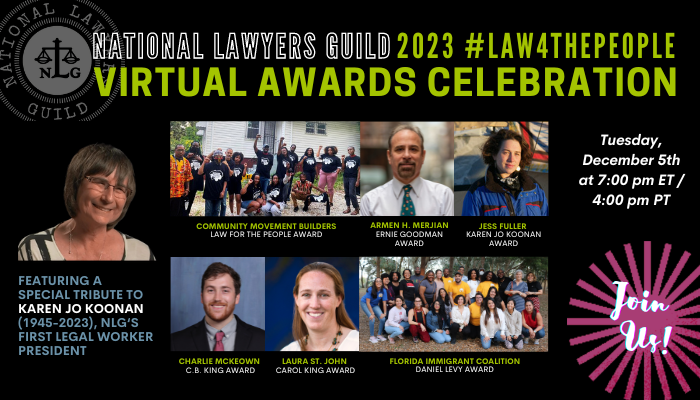By John C. Brittain
Most of us know the late Lewis Myers, Jr. was a highly effective criminal defense lawyer, a progressive minded activist, a frequent traveler to foreign nations and a studious professor. I share my close association with him as an astute intellectual.
We met at Howard University in 1968, when Lew and other students led a take-over of the Administration Building in protest to conditions at what the students called, “the plantation.” I was a law student at HU, and joined other law students in a similar protest in which we locked the doors to the law school with a chain. Brother Lew and I have been comrades in arms for five decades in what the National Conference of Black Lawyers calls the legal arm of the Black revolution.
W.E.B. DuBois, said in 1903, “The question of the 20th Century is the color-line,” referring to racial segregation in the United States.
Brother Lew was a life-long student of philosophy with a keen eye on the political, economic and social conditions of oppressed people both domestically and internationally. In particular, Lew studied the effects of oppression on African Americans in the diaspora of the United States and on the continent of Mother Africa.
An avid reader of both non-fiction and fiction, sometimes reading multiple books at a time, Lew’s insatiable appetite for knowledge could not be filled. When Lew and Tina recently moved to a new residence in Chicago, his book collection filled eighty boxes.
The subjects that interested him the most included race and racism, anti-capitalism, anti-colonialism, anti-imperialism and anti-war. Like the National Lawyers Guild constitution states, he believed that personal rights in our legal and social system were superior to property rights.
His thoughts, like mine, were formed by the publications and activism of Karl Marx, W.E.B. DuBois, Harriet Tubman, Paul Robeson, Malcolm X, Angela Davis, Denmark Vesey, Franz Fanon, Marcus Garvey, Julius Nyerere, Stokely Carmichael, Ella Baker, Nelson Mandela, Mahatma Ghandi, Martin Luther King, Reinhardt Neighbor, John Locke, Jean-Jacques Rousseau, Minister Farrakhan and many, many more.
Charles Hamilton Houston, the father of the legal theory in Brown v. Board of Education that de jure segregation was an inherent violation of the Fourteenth Equal Protection Clause proclaimed, “A lawyer is either a social engineer or a parasite to society.” Houston will be delighted to welcome Brother Lew in heaven with a pat on the back for a job well done.
Lew used the scientific method of dialectical materialism and other historical schools of thought to analyze the conditions of our society. He searched for answers to what causes the opportunity gap between the haves from the have nots. Like a scientist viewing a slide under the microscope, Lew examined ideological leanings for example, between realism guided by established scientific principles of physics and other hard sciences, and idealism, such as religious faiths of Islam, Christianity, Buddhism, and more. Lew, like Einstein, was never completely satisfied with the intellectual results of his studies.
In closing, Brother Lew stood fearlessly inside the courtroom or in the streets. He defended his tactics with best practices and research. His boldness, dedication, and education earned him much respect among the people in the boardrooms, courtrooms, classrooms, and living rooms. Though he could be a fiery and dynamic speaker at times, he remained an unselfish, humble servant of the people.
He did not accumulate much material wealth, yet he built an abundance of knowledge from his intellectual study that would require a ton of gigabytes worth of storage in the modern day iCloud.
I leave you with a quote from Amílcar Cabral, the famous African revolutionary leader from Guinea-Bissau and Cape Verde, who led the war in Guinea-Bissau to independence, that symbolizes the life of Brother Lewis Myers, Jr. Cabral said,
“Tell no lies and claim no easy victories.”
John C. Brittain is Professor of Law at the University of the District of Columbia David A. Clark School of Law, and former president of the National Lawyers Guild from 1991-1993.



